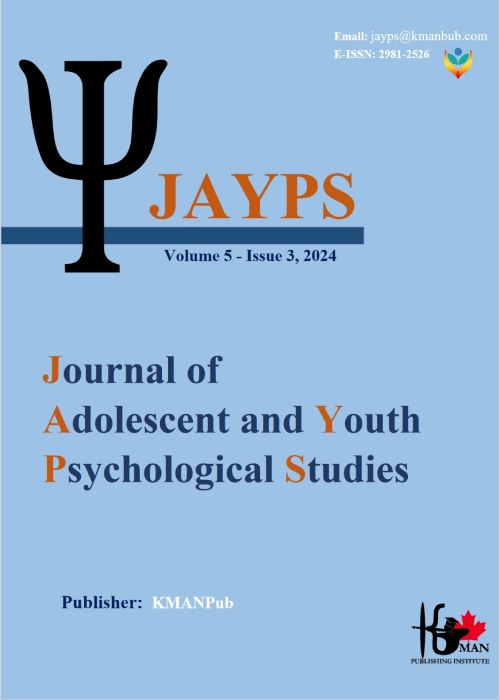Designing the model of identity status based on the parent - child relationship, locus of control, and perfectionism
The period of adolescence and youth, which is associated with rapid physical, emotional, cognitive and behavioral changes, is extremely important in the life span. The aim of the current research was to design an identity status model based on the parent-child (mother-child) relationship, locus of control and perfectionism.
The current research method was correlation and structural equation modeling. The statistical population consisted of students aged 18 to 35 studying in various fields of medicine, technical engineering, and basic sciences in universities affiliated to the Ministry of Science, Research, and Technology located in Tehran. A sample consisting of 365 male and female students was selected from this population using a multi-stage random sampling method. The research data were collected using the extended questionnaire of the objective assessment of the identity base of Bennion and Adams (1998), the parent-child relationship model questionnaire, the internal-external control scale of Rutter (1966), and the perfectionism questionnaire of Hill et al. (2004). The data obtained from the questionnaires were analyzed using the structural equation modeling technique in Lisrel software.
The results showed that the control-orbit dimension only explains non-adaptive perfectionism (β=0.15, P<0.001) and its effect on other endogenous variables of the model is not significant. On the contrary, the free-orbit dimension on locus of control (β= 0.32, P< 0.001), unsuccessful identity (β=0.21, P<0.001), and maladaptive perfectionism (β=0.34, P< 0.001) was direct and significant and inverse on other endogenous variables. The results also showed that the locus of control had an inverse and significant effect on adaptive perfectionism (β=-0.71, P<0.001), and a direct and significant effect on maladaptive perfectionism (β=0.28, P<0.001). In addition, according to the results, the effect of non-adaptive perfectionism on unsuccessful identity was direct and significant (β=0.26, P<0.001), and the effect of adaptive perfectionism on successful identity was indirect and significant (β=-0.52, P<0.001).
It can be concluded that the model of identity status, based on parent-child relationship (mother-child), locus of control and perfectionism, was suitable.
- حق عضویت دریافتی صرف حمایت از نشریات عضو و نگهداری، تکمیل و توسعه مگیران میشود.
- پرداخت حق اشتراک و دانلود مقالات اجازه بازنشر آن در سایر رسانههای چاپی و دیجیتال را به کاربر نمیدهد.



